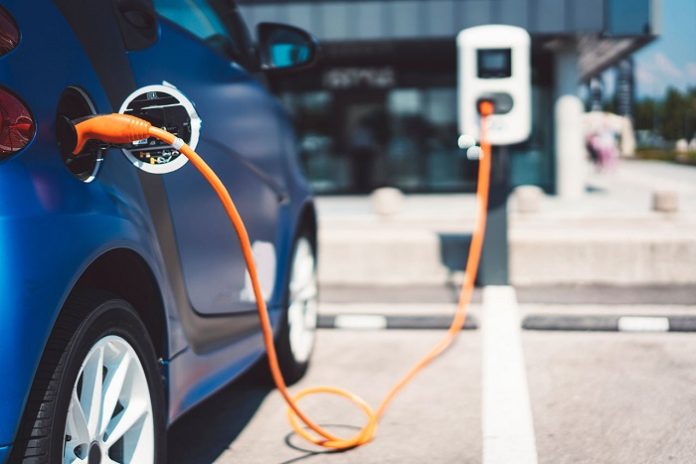Electric vehicle sales are on course to hit an all-time high this year, but more work is needed in other sectors to put the planet on course for net-zero emissions by 2050, according to the International Energy Agency.
In an announcement accompanying its Tracking Clean Energy Progress update, the IEA said there had been “encouraging signs of progress across a number of sectors” but cautioned that “stronger efforts” were required to put the world “on track to reach net zero emissions” by the middle of this century.
The TCEP, which is published yearly, looked at 55 parts of the energy system. Focusing on 2021, it analyzed these components’ progression when it came to hitting “key medium-term milestones by the end of this decade,” as laid out in the Paris-based organization’s net-zero pathway.
On the EV front, the IEA said global sales had doubled in 2021 to represent nearly 9% of the car market. Looking forward, 2022 was “expected to see another all-time high for electric vehicle sales, lifting them to 13% of total light-duty vehicle sales globally.”
The IEA has previously stated that electric vehicle sales hit 6.6 million in 2021. In the first quarter of 2022, EV sales came to 2 million, a 75% increase compared to the first three months of 2021.
The IEA said both EVs and lighting — where more than 50% of the worldwide market is now using LED tech — were “fully on track for their 2030 milestones” in its net-zero by 2050 scenario.
Despite the outlook for EVs, the IEA separately noted that they were “not yet a global phenomenon. Sales in developing and emerging countries have been slow due to higher purchase costs and a lack of charging infrastructure availability.”
“Areas not on track include improving the energy efficiency of building designs, developing clean and efficient district heating, phasing out coal-fired power generation, eliminating methane flaring, shifting aviation and shipping to cleaner fuels, and making cement, chemical, and steel production cleaner,” the IEA said.
Cutting human-made carbon dioxide emissions to net zero by 2050 is seen as crucial when it comes to meeting the 1.5 degrees Celsius target.
The IEA’s report comes at a time when the debate and discussion about climate goals and the future of energy have become increasingly fierce.








